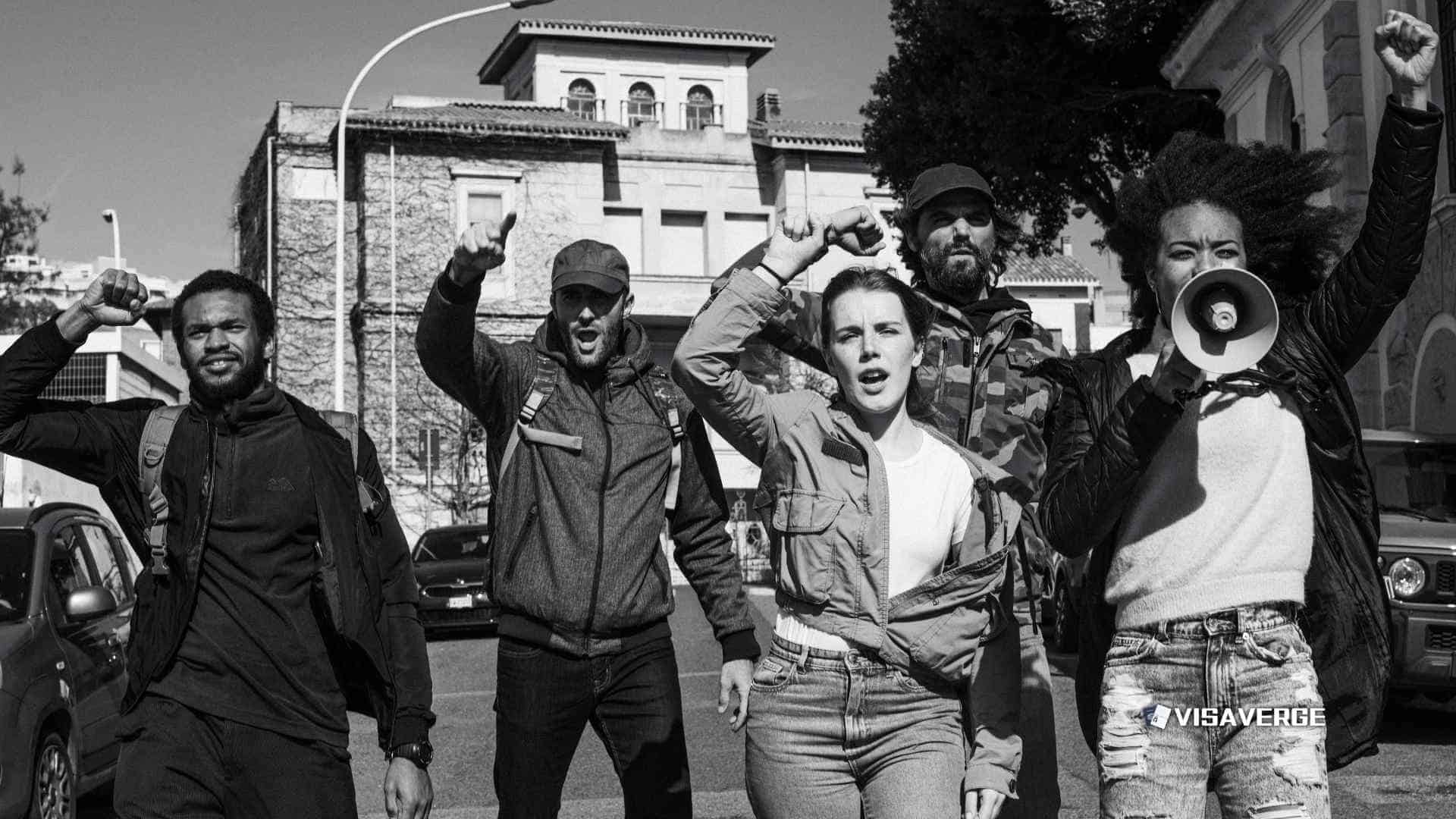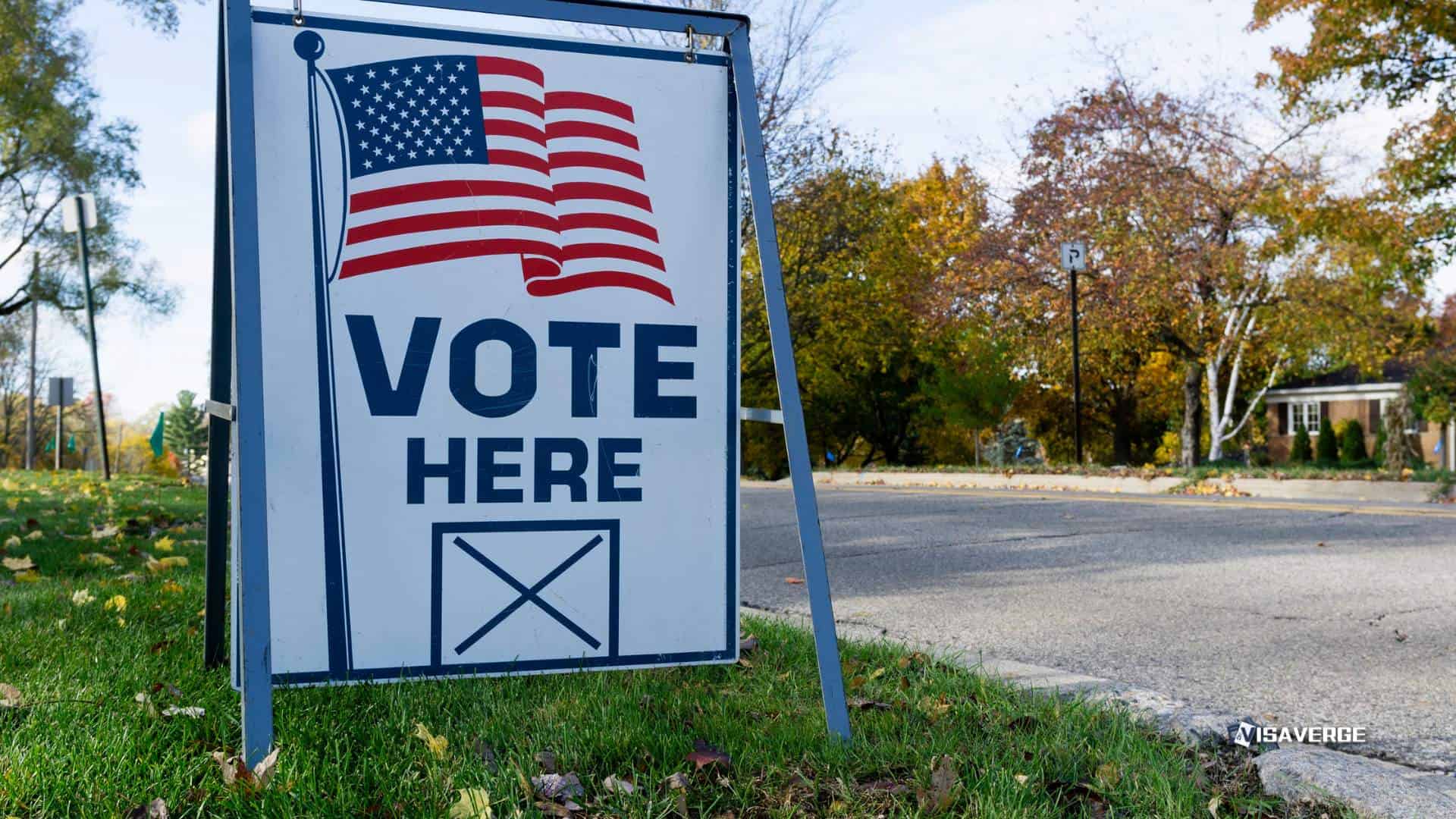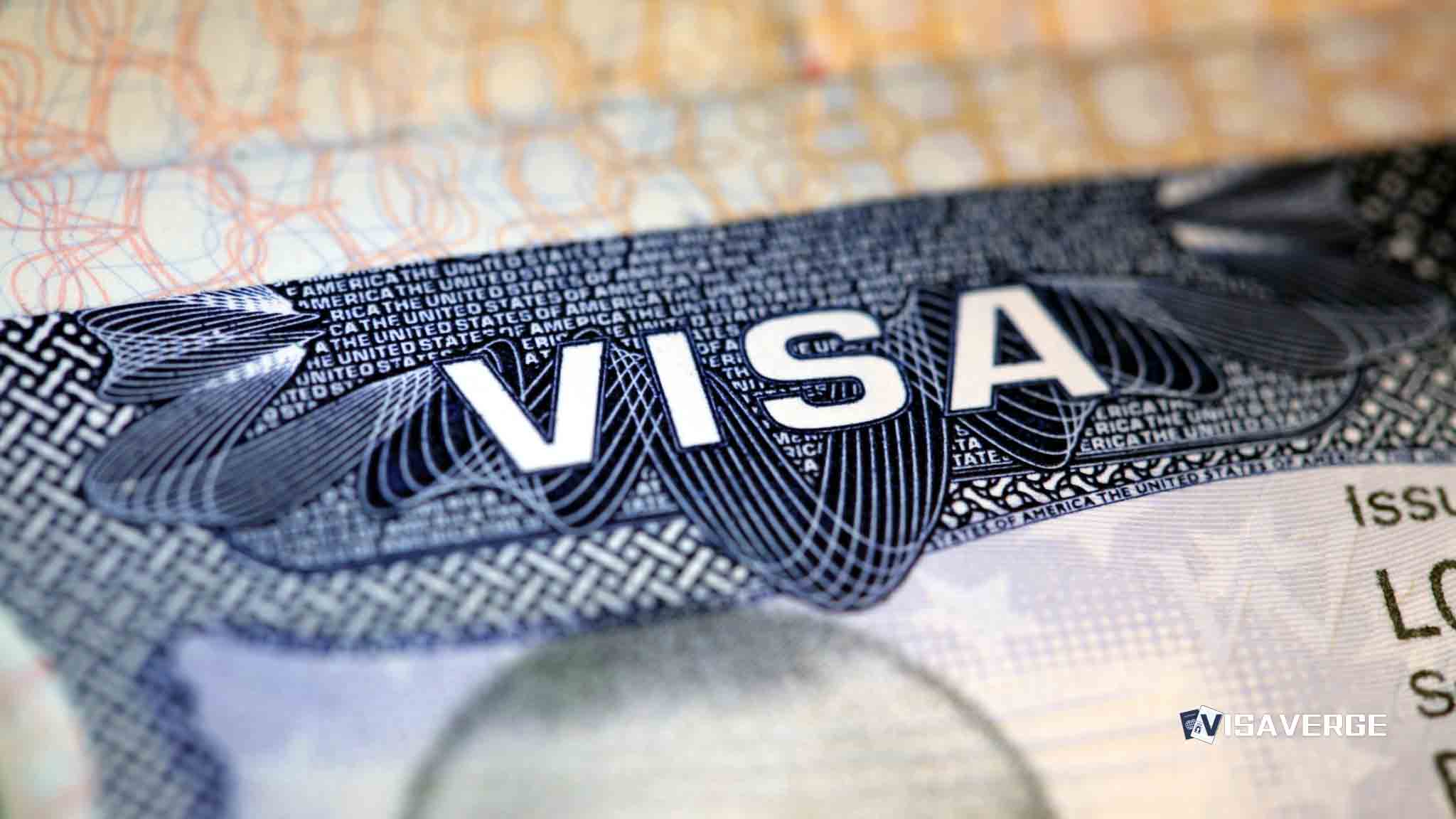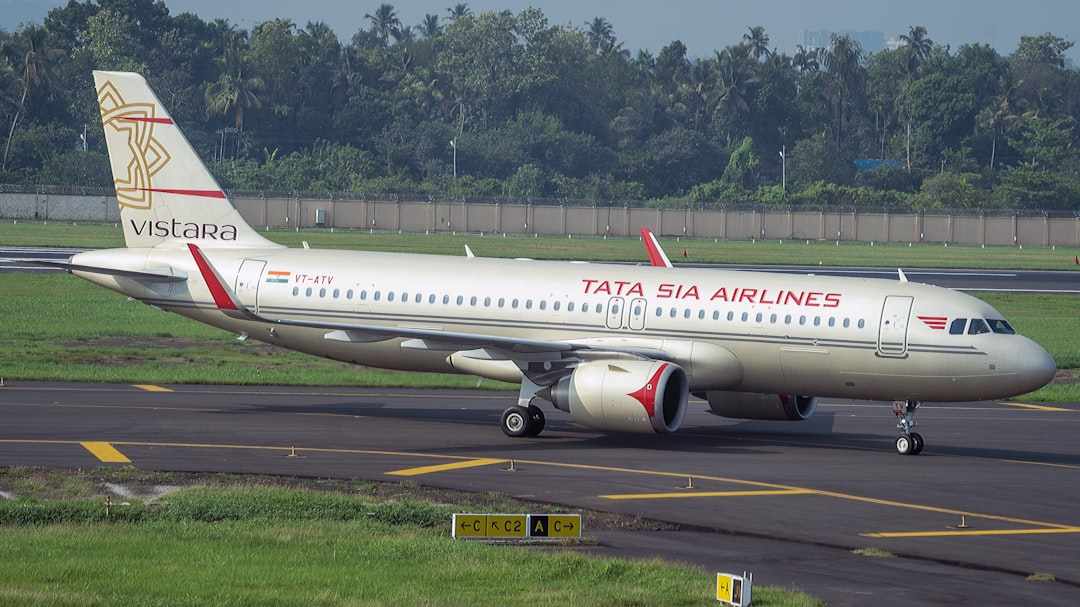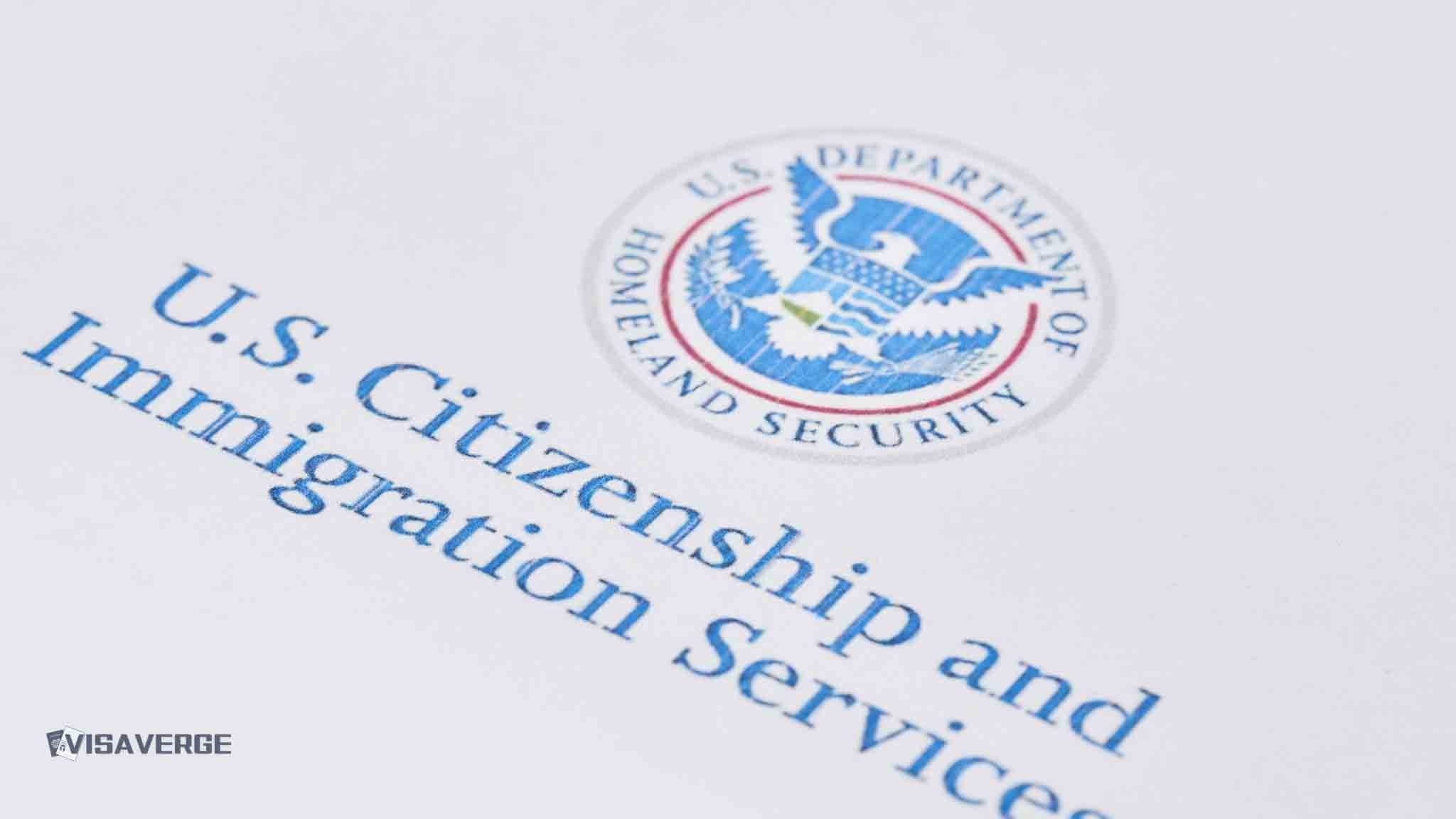Ireland’s government has approved a sweeping package of immigration changes that tightens access to citizenship, raises income rules for family reunification, and expands powers to strip refugee status, in a move ministers say will slow population growth and keep the system “rules‑based and efficient.” The measures, signed off by Cabinet and announced by Justice Minister Jim O’Callaghan on November 26, 2025, mark one of the most restrictive shifts in Irish immigration policy in recent years.
Main change: residency requirement for refugees raised

- Refugees and people granted international protection could previously apply for Irish citizenship after three years of residence.
- Under the new rules, that minimum residency is now five years, the same as most other categories of applicants.
- Supporters say equalising the requirement at five years brings “clarity and fairness” across the system.
- Critics note this removes a previously small recognition of the trauma and forced nature of refugee moves, adding extra years of legal and emotional limbo.
Important effects of Irish citizenship that are now delayed for refugees:
– The right to vote
– Easier travel within the European Union
– A permanent sense of belonging and stability after fleeing war or persecution
Self-sufficiency and social welfare tests
- Applicants for citizenship must now demonstrate clear self-sufficiency — the ability to support themselves without certain state welfare supports.
- Anyone who has received specific social protection payments in the two years before their application will face refusal.
- Officials say this ensures new citizens are not relying on the social welfare system at the point of naturalisation.
Implications:
– Applicants will need to keep careful records of work history, tax payments, and any periods on social welfare to avoid surprises.
– Legal practitioners expect more complex cases and appeals where applicants argue short welfare spells should not outweigh years of work and community ties.
Changes to the “good character” test
- The government plans to clarify what “good character” means in practice, focusing mainly on criminal behaviour.
- Officials argue clearer rules will help decision-makers and applicants see which offences or conduct might block an application.
- Rights groups worry that a stricter reading could keep long-settled migrants in permanent uncertainty over past mistakes.
Permanent ineligibility for prior undocumented stay
- Applicants found to have lived in Ireland undocumented in the past could be ruled permanently ineligible for citizenship.
- This is a sharper measure than in many European systems, where irregular stay may delay or complicate applications but not always produce a lifetime bar.
- People whose status lapsed due to an employer’s error, a broken marriage, or late paperwork may be especially affected.
Family reunification: tighter income, housing, and eligibility rules
Overview:
– Irish citizens and certain non‑EEA residents can still bring immediate family — spouses, partners, and children under 18 — but the route for extended family members has been narrowed.
– Sponsors must now prove they can support family members to a higher standard.
New requirements and changes:
– Stronger income tests for sponsors; sponsors must show clear, reliable earnings.
– Applications must be lodged while family members remain outside Ireland.
– An application fee will now be charged, replacing what was previously a largely fee‑free route for many protection families.
– Over time, sponsors may be required to show suitable private housing before reunification is approved.
Specific barriers for refugees and subsidiary protection beneficiaries:
– Anyone who has received social welfare payments within three years of getting protection status will be barred from sponsoring relatives to join them.
– Sponsorship is blocked where there are unpaid public debts, which can include money owed to state bodies.
– For many refugees who depend on state support in early years, the link between self-sufficiency and the right to reunite could mean long waits before family reunification is possible.
People on employment permits:
– Generally limited to sponsoring spouses/partners, children under 18, and medically dependent relatives.
– Options to bring other family members are sharply reduced.
– Migrant workers’ groups warn this may make Ireland less attractive for skilled workers who value family reunification when considering job offers.
Revocation of refugee status: stronger grounds and faster tools
- Cabinet backed clearer legal powers to revoke refugee status.
- Authorities will have clearer grounds to strip protection from individuals considered a danger to state security or those convicted of serious crimes.
- While international refugee law allows exclusion or withdrawal, the government says it wants faster and firmer tools so serious offenders do not benefit from refugee protections.
Asylum accommodation contributions
- Working asylum seekers living in state‑provided accommodation may be asked to pay a weekly contribution.
- Likely contribution range: €15 to €238 per week.
- Officials estimate potential Exchequer savings of up to €55 million each year.
- Supporters argue those in paid work should share housing costs.
- Critics warn high contributions could push low‑paid asylum seekers into poverty, informal work, or deepen social division.
Combined effects on refugees and protection beneficiaries
- The combined measures — five years residency, strict self-sufficiency, and tougher family rules — will have cumulative impacts:
- A refugee now faces at least five years before seeking citizenship.
- Reliance on certain welfare payments during that period can delay or block naturalisation and family reunification.
- Families may remain split across borders if sponsorship is barred due to welfare use or public debts.
Legal and practical implications:
– Expect more complex appeals and legal challenges, for instance where applicants argue brief welfare spells should not negate long-term ties.
– Challenges may also target permanent bans linked to past irregular stay, citing migration realities and historical Irish emigration patterns.
“Another important step towards ensuring our migration and asylum system is rules-based and efficient,” — Justice Minister Jim O’Callaghan
He added he was “not targeting asylum seekers” but responding to concern about Ireland’s fast population growth.
Political framing and responses
- Government supporters portray the reforms as a necessary course correction to balance humanitarian commitments with budgetary and infrastructure pressures.
- Minister O’Callaghan has argued that slowing population growth through tighter immigration controls will ease pressure on housing and services, while insisting the state will still meet international duties toward refugees and asylum seekers.
- Migration advocates warn the changes risk creating a two‑tier Ireland, where wealthier or better‑paid migrants secure full rights quickly, while poorer migrants — including many refugees — remain marginalised and cut off from family life.
Practical guidance and official sources
- Official guidance on Irish citizenship and naturalisation is published by the Department of Justice on the Irish Immigration Service website: https://www.irishimmigration.ie/citizenship/
- The site is expected to be updated to reflect the five years rule and new character standards.
- Lawyers advise applicants to:
- Keep careful records of work history and tax payments.
- Document any periods on social welfare.
- Check income levels, housing options, and public debt status before filing family reunification applications.
Summary of key numeric changes (at-a-glance)
| Measure | Previous | New rule |
|---|---|---|
| Residency for refugees to apply for citizenship | 3 years | 5 years |
| Social welfare look‑back for citizenship refusal | Not specified as blanket bar | 2 years before application (specific payments lead to refusal) |
| Social welfare look‑back for family sponsorship (refugees/subsidiary protection) | Often more flexible | 3 years after recognition (bar on sponsorship) |
| Weekly contribution for working asylum seekers in state accommodation | Not universally applied | €15 – €238 (likely range) |
| Estimated Exchequer savings from accommodation contributions | N/A | Up to €55 million per year |
If you want, I can create a one‑page checklist for applicants and sponsors summarising what records to gather and steps to take before applying under the new rules.
Ireland’s government approved restrictive immigration reforms that raise refugee residency for citizenship from three to five years, impose a two-year social welfare look-back for naturalisation refusals, tighten family reunification with stronger income, housing and fee requirements, and expand powers to revoke refugee status. Working asylum seekers in state accommodation may pay €15–€238 weekly, with potential savings up to €55 million. Officials cite system efficiency and slowing population growth; advocates warn of prolonged family separation and hardship.



